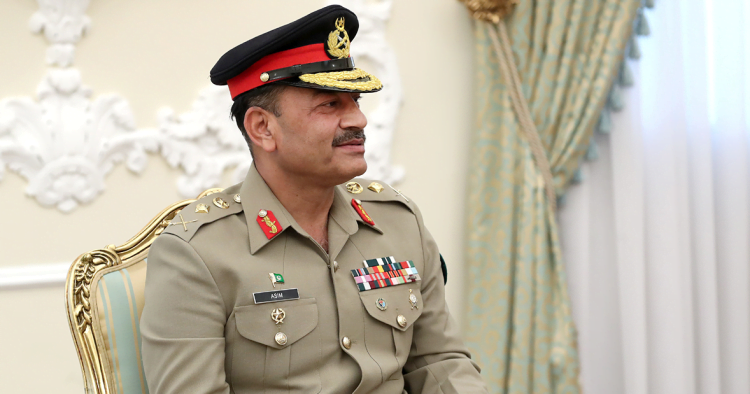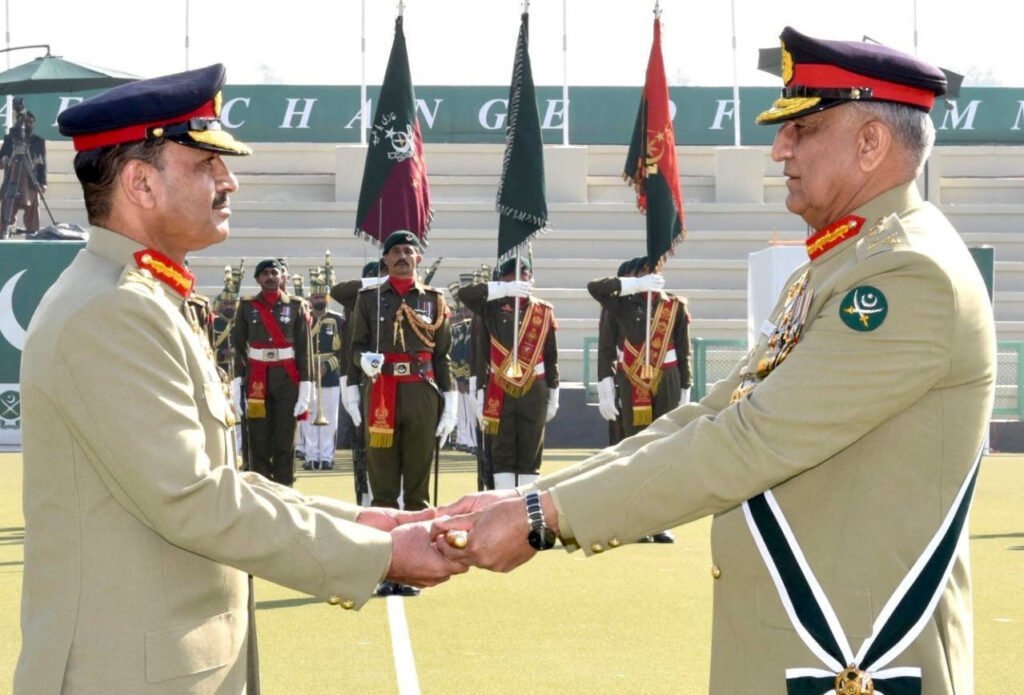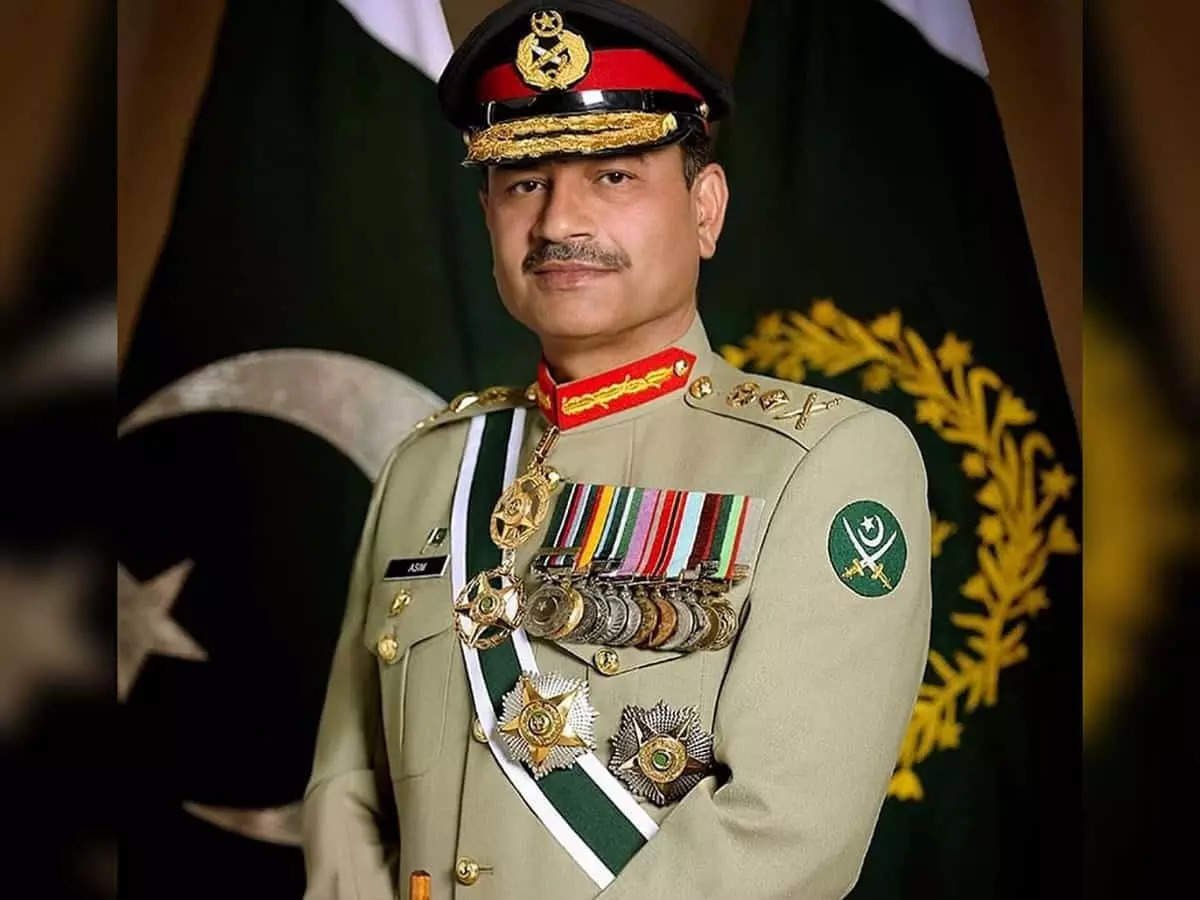| In Short |
| Pakistan Army Chief General Syed Asim Munir admits direct military involvement in the 1999 Kargil War. |
| This is the first official acknowledgment by a sitting army chief of Pakistan’s role in the conflict. |
| The Kargil War narrative maintained by Pakistan for over 20 years is now challenged. |
| Families of fallen soldiers have long sought recognition and answers about their loved ones’ sacrifices. |
| General Munir’s statement may have significant implications for Pakistan’s military history and future relations with India. |
In an unprecedented move, General Syed Asim Munir, Chief of Army Staff in Pakistan, has openly acknowledged the involvement of the Pakistan Army in the 1999 Kargil conflict with India. This admission is the first from a sitting army chief to officially confess to the military’s involvement in the war, in stark contrast with the story that Pakistan has towed for over twenty years.
On Defence Day at the General Headquarters in Rawalpindi, General Munir paid a tribute to those soldiers who lost their lives in various conflicts including Kargil. He mentioned Kargil along with the three major wars with India and paid a respect on sacrifices of Pakistani soldiers. It has come as a bomb for the both countries as the statement did break the long-lasting silence on Pakistan’s direct involvement in the Kargil conflict.
A Historic Confession
For years, Pakistan had stuck to the story that the Kargil War was the act of Kashmiri “freedom fighters” and not the Pak military. Present and former government and military functionaries, including former Army Chief General Pervez Musharraf, had subscribed to this myth. General Munir’s recent admission has torn this fig leaf apart to reveal the true nature of the war.
In his speech, General Munir said, “Certainly, the Pakistani nation is a powerful and brave nation, which understands the value of freedom and knows how to sustain it. 1948, 1965, 1971, the Kargil war between Pakistan and India, or the war in Siachen, thousands sacrificed their lives and were martyred for the safety and security of the country.” Indeed, by adding Kargil into the list of wars where Pakistani soldiers made sacrifices, Munir has confirmed military’s direct role in the conflict.
Breaking Down the Kargil Narrative
It is considered one of the major military actions that both India and Pakistan have taken along the LoC in the Kargil district of Jammu and Kashmir from May to July 1999. The war led to massive causalities on both sides after which the Indian Army recaptured the territories that were held by the Pakistani army.
For long years, the official stand of Pakistan was that the Kargil operation was headed by Kashmiri militants, whereas there was little involvement by the Pakistani military. All reports and accounts from both sides told a different story. Kargil operation was the brainchild of then Army Chief General Musharraf and he had admitted it that it involved the 10 Corps and the FCNA-the umbrella formations of the Pakistan Army. But this admission was never officially recognised by the government.
Musharraf was corroborated by Mushahid Hussain Syed, among other onetime government officials, a onetime secretary to the information ministry during the tenure of then-Prime Minister Nawaz Sharif. Syed had stated that the government had been duly apprised of the Kargil operation only when it was “a fait accompli,” which means that the military acted alone.
Families of Fallen Soldiers Speak Out
General Munir’s revelations have also made the memories of the loss of Pakistani soldiers in the Kargil conflict very painful for the families. These families have suffered long years of unwillingness by the government in acknowledging the sacrifices of their loved ones. Many of the bodies were never taken back, and the families lived with questions and a feeling of being abandoned.
Nobody was more frustrated than Itrat Abbas, brother of Captain Farhat Haseeb of Kargil fame. “Those officers who came to meet us, we kept asking them to try and bring the bodies of their loved ones back. I believe that they should have tried harder. But they didn’t,” said Abbas, whose words contained the pain of many other families also.

Another one who related her experience is Rehana Mehboob, the mother of Captain Ammar Hussain. She said that when the Kargil war was going on, a call was given to her by the army unit in which he was serving, proving that her son was very much a participant in that war. She criticized the government and military leadership at that time, especially the government of General Musharraf, for not owning the operation.
A New Chapter in Pakistan’s Military History
General Munir’s admission amounts to a categorical shift in the Pakistani military narrative on this issue. In fact, Munir has let the cat out of the bag by candidly admitting the army’s direct involvement in the Kargil conflict and thus setting the record straight to smoothen the way for a more transparent and frank review of the military history of Pakistan.

This confession has wide ramifications for the relations between Pakistan and India, and it also entails internal military dynamics in Pakistan. It also raises a host of other questions: the need for accountability of past military leadership and the need or necessity of greater transparency in military operations.
As the dust settles on this historic revelation, the focus is likely to shift towards how this admission will affect the families of the soldiers who fought in Kargil, the broader public perception of the conflict, and the future of civil-military relations in Pakistan.
For Latest News Updates, Click Here.
